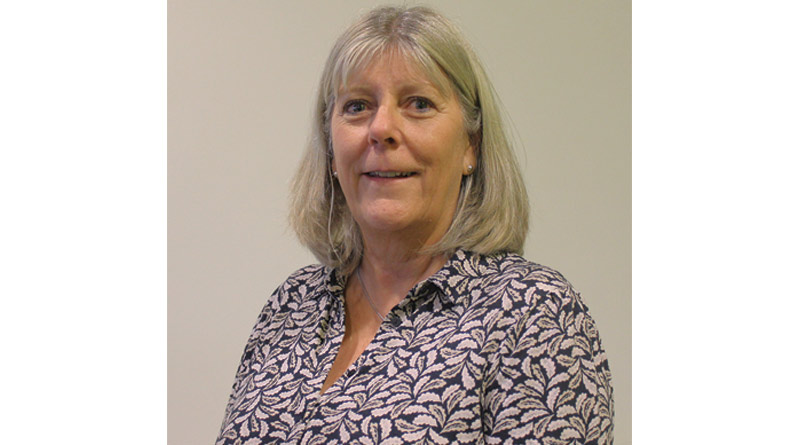Rising to the Challenge of Recruitment and Retention
By Jackie Tritton, Chief Clinical Officer at Rennie Grove Peace Hospice Care (www.renniegrovepeace.org)
The shortage of staff across the care and nursing sectors is no secret. But with creativity and determination, organisations are working around the challenges by maximising the resources they do have, while attracting new staff to fill vacant roles. Here Jackie Tritton, Chief Clinical Officer at Rennie Grove Peace Hospice Care, tells us how her teams are recruiting, retaining and repurposing staff to ensure the charity can not only maintain services, but grow them during a merger.
“When the trustees of Peace Hospice Care and Rennie Grove Hospice Care announced their intention to merge last June, it was with the ambition of serving a growing population of people living with progressive life-limiting illnesses, reaching more people who need our support and strengthening our services. This is all playing out against a backdrop of staff shortages across the entire sector that have blighted all care settings for years. We knew that in order to deliver expanded services to our new, larger patch, we would need to think creatively about recruitment challenges.
“In addition to the national challenges relating to the economy, NHS and the Covid-19 pandemic, our location in Hertfordshire and Buckinghamshire brings with it unique challenges. These include proximity to a number of hospitals, including the big London hospitals, and specialist palliative care (SPC) providers, meaning there is a huge amount of employee choice in our area.
“Over the past year we have been working hard on retaining our existing staff – through reviewing everything about salary, progression, pensions and benefits, as well as working closely with employees to manage team morale and culture.
“Despite this, recruitment of new staff remains a challenge and we have a 31% vacancy rate in our clinical teams.
“For us, it has therefore been vital to focus on creativity in the way we work with existing staff and resources. One example of this has been our nurse associate role. By supporting our senior health care assistants to progress to registered nurse roles, we can nurture existing talent and close recruitment gaps, while rewarding the loyalty and hard work of our dedicated HCA workforce.
“We have also created Community Senior staff nurse roles to expand our Palliative care Response (PRT) teams. These are highly skilled nurses who can support patients in the community during an emergency or sudden deterioration as well as supporting earlier discharges from hospital, through intensive intervention, to meet patients’ wishes.
“Other new roles – such as Allied Health Professional (AHP) assistant practitioners, nurse consultants and paramedics, are allowing us to expand the team and recruit new colleagues, without relying on the existing pool of traditional, registered nurses, which we know is finite in number and much sought after across the board.
“As well as upskilling our own staff, we are actively working with partner organisations to share knowledge and develop the local workforce, to meet the needs of local people with progressive life-limiting illnesses. This includes rotational posts with organisations such as our local hospital and community trusts residential homes. By supporting staff from these partner organisations to complete secondments or placements in our Inpatient Unit, we can support them in developing their palliative care skills, which enables them to care for more patients in their own setting, reducing the needs for reliance on in-patient care, either in an acute hospital or a hospice.
“Broadening the types and range of roles within our teams has been hugely beneficial to our organisation. It allows us to make sure that the right person with the right skills is seeing each patient at the right time. Identifying patients’ needs and matching them with the most relevant professional in the team is ensuring we have a multidisciplinary approach with a wide range of skills to support patient-centred holistic care. This has reduced our reliance on registered nurses making up the majority of our clinical workforce and allowed us to continue delivering our vital services, while setting out our ambitions for growing and strengthening services in the years to come.”

